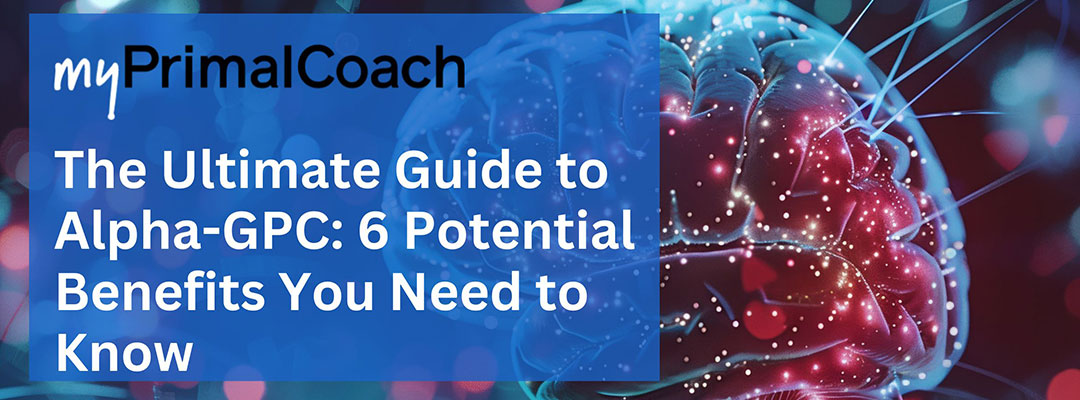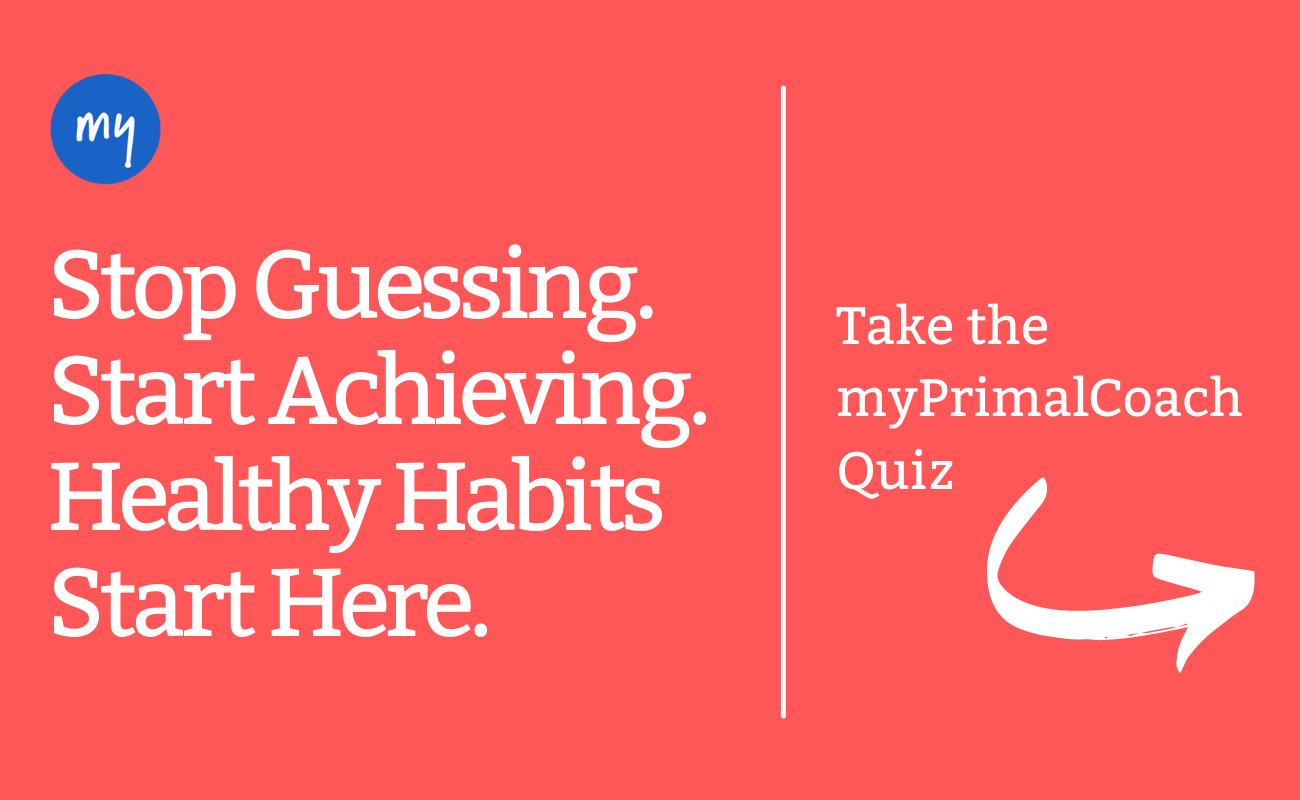Nootropics have become a hot topic, and amongst them, Alpha-GPC stands out as a possible cognitive enhancer. Promoted for its potential to sharpen memory, enhance learning, and even boost athletic performance, this naturally derived compound is gaining attention from students, athletes, and biohackers alike.

Alpha-GPC is marketed for its potential to enhance memory, learning functions, and focus.
Whether you’re juggling exams, preparing for a big sports match, or managing a complex project, Alpha-GPC may be a tool to optimize your performance. But does Alpha-GPC truly live up to its claims of boosting brainpower?
To understand its potential, let’s take a closer look at the science behind this nootropic, exploring its potential benefits and possible drawbacks, so you can make an informed decision about whether or not to give Alpha-GPC a try.
What Is Alpha-GPC?
Alpha-GPC (Alpha-glycerophosphocholine) is a natural compound found in small amounts in certain foods, but typically synthesized for supplements. It is a source of choline, an essential nutrient that we need for various bodily functions. Alpha-GPC is often used as a nootropic, which is a substance that may enhance cognitive function, particularly working memory and memory consolidation.
It is thought to work by increasing levels of acetylcholine, a neurotransmitter involved in memory and learning. Acetylcholine acts as a chemical messenger between nerve cells, and boosting its availability is a common target for cognitive enhancement. Supplementation with Alpha-GPC can increase plasma choline levels, providing the brain with the building blocks it needs to produce acetylcholine. Alpha-GPC is sometimes abbreviated as alfa-gpc or aGPC.
How Does Alpha-GPC Work?
Alpha-GPC's main mechanism of action is its role as a precursor to acetylcholine. Acetylcholine is an important neurotransmitter that is heavily involved in learning, memory, and even muscle contraction. When you take Alpha-GPC, your body breaks it down and releases choline. This choline then gets turned into acetylcholine. Acetylcholine is a big player in various cognitive functions such as, making new memories, retrieving old ones, and keeping you focused and attentive.
Alpha-GPC has also be shown to play a role in releasing growth hormone. Though, more studies are needed to fully understand this connection.
Additionally, Alpha-GPC may influence the structure and function of cell membranes. This could indirectly contribute to brain function and health.
We may be seeing the tip of the iceberg when it comes to Alpha-GPC, as researchers are still exploring its mechanisms of action.
6 Potential Benefits of Taking Alpha-GPC
Alpha-GPC plays a critical role in cognitive function, and is gaining popularity as a dietary supplement. Here are six promising benefits to taking supplemental Alpha-GPC:
- Improved Memory and Learning: This is the most common reason people take Alpha-GPC. Some studies suggest it may enhance memory, particularly working memory, which is the kind you use for short-term tasks. It also helps with memory loss and consolidation, or the process of turning short-term memories into long-term ones.
- Enhanced Focus and Attention: By increasing acetylcholine levels, Alpha-GPC may improve focus, attention span, and mental clarity. Users often report enhanced focus and mental clarity. This is why it is popular amongst students and professionals who need to concentrate. A trial found that Alpha-GPC can also increase motivation in healthy people.
- Support for Cognitive Health in Aging: Research indicates that Alpha-GPC may help slow down age-related cognitive impairment. There's also evidence that Alpha-GPC improves cognitive function in individuals with mild to moderate Alzheimer's disease or other forms of dementia. However, more research is needed in this area.
- Boost Athletic Performance: Findings suggest that Alpha-GPC improves power output, strength, and growth hormone release. However, the evidence is mixed, and more research is needed to confirm the ties to physical activity.
- Neuroprotective Effects: There's research suggesting that Alpha-GPC might have neuroprotective properties. This means it could potentially protect brain cells from damage. Again, this area of research is still in its early stages.
- Improved Mood: Some users have reported improved mood and feelings of well-being. This is likely due to its impact on neurotransmission. While Alpha-GPC is not a treatment for mental health conditions, its potential role in supporting cognitive function could indirectly contribute to overall mental well-being.
Alpha-GPC is often touted for its potential physical and brain health benefits. However, it's important to remember that research in some of these areas is still ongoing and results can be mixed. It is important to consult with a healthcare professional before starting Alpha-GPC supplementation.
Are There Any Side Effects of Taking Alpha-GPC?
While Alpha-GPC is generally considered safe for most people, it can have some side effects. These may include:
- Gastrointestinal issues: This is the most commonly reported side effect. Some users report nausea, vomiting, diarrhea, and stomach cramps after taking Alpha-GPC. These side effects are often dose-dependent, meaning they are more likely to occur when you take higher amounts.
- Headache: Some individuals may experience headaches after taking Alpha-GPC. This could be related to changes in neurotransmitter levels.
- Dizziness or lightheadedness: Alpha-GPC might lower blood pressure in some people. This can lead to symptoms of hypotension like dizziness or lightheadedness.
- Fatigue: Some people report feeling tired or fatigued after taking Alpha-GPC. These side effects are more likely when beginning supplementation.
- Insomnia: Although less common, some users have reported difficulty sleeping.
- Skin rash: In rare cases, skin rashes or other allergic reactions can occur when taking Alpha-GPC.
- Interaction With Other Medications: It's important to check with your doctor before starting on Alpha-GPC, especially if you're taking medication that affects the same brain chemicals as Alpha-GPC, or if you're taking blood pressure medication.
Alpha-GPC vs. Other Choline Sources
Since Alpha-GPC is turned into choline by the body, you may be wondering if you can just consume choline from food or take choline supplements.
However, it's not quite a one-to-one replacement. While choline is present in a variety of foods such as animal products like eggs, meat, and dairy, it can be challenging to get enough from diet alone. Choline supplements are available, but they come in various forms. These forms have different levels of bioavailability, which is how easily your body can absorb and use a substance.
Alpha-GPC is easily absorbed and crosses the blood-brain barrier more effectively than some other choline forms. So, while choline supplements can increase choline levels, the impact on cognitive function might not be the same as Alpha-GPC.
Summary
Alpha-GPC is a natural compound often used as a nootropic. It is marketed for its potential to enhance memory, learning functions, and focus. It is also hailed as potentially boosting athletic performance. It's popping up on the radar of students, athletes, and pretty much anyone who wants to up their game. Sharper memory, faster learning, and maybe even a boost in your workout are appealing. However, studies have yielded mixed results, and more research is needed. Alpha-GPC is generally considered safe, but side effects like gastrointestinal issues, headaches, dizziness, fatigue, and insomnia are possible.
Until more robust evidence is available, it's best to approach Alpha-GPC supplementation with realistic expectations and consult with a healthcare professional to weigh the potential benefits and risks.
A myPrimalCoach can help you weigh the pros and cons and explore more. A coach can help navigate product labels and work with you and your physician on dosages.

